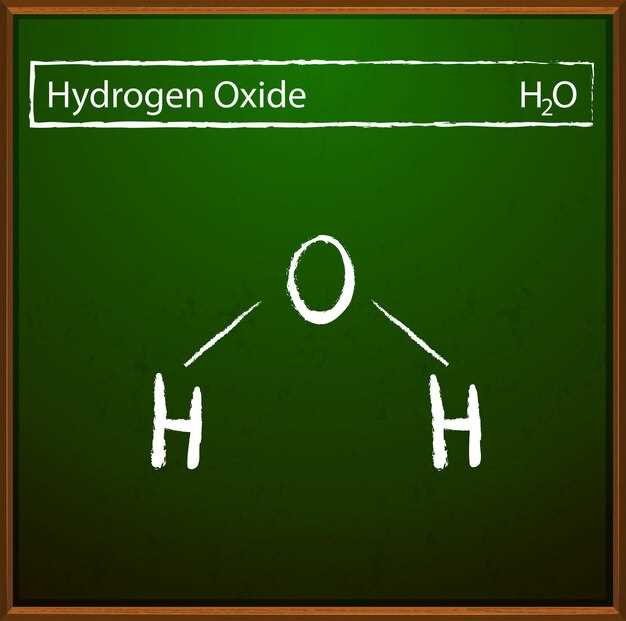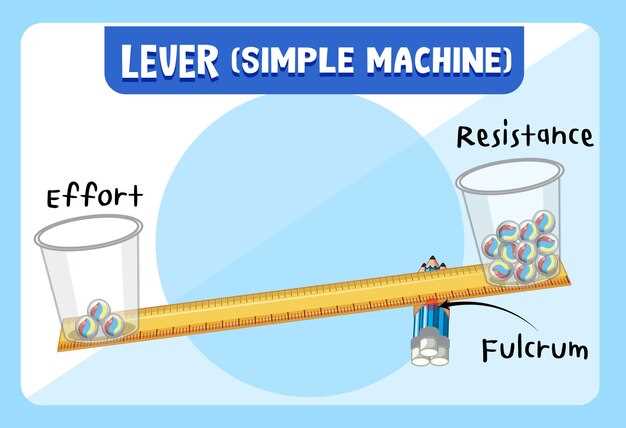
Hytrin and Tamsulosin are both medications commonly used to treat symptoms of an enlarged prostate, such as difficulty urinating and frequent urination. While both are effective in managing these symptoms, they work in slightly different ways and may have varying side effects.
Hytrin works by relaxing the muscles in the prostate and bladder neck, making it easier to urinate. On the other hand, Tamsulosin targets specific receptors in the prostate, leading to improved urine flow and reduced symptoms.
It’s important to consult with your healthcare provider to determine which medication is best for you based on your medical history and individual needs. They can provide guidance on the benefits and potential risks of each option to help you make an informed decision.
Overview of Hytrin
Hytrin is a medication that is commonly used to treat high blood pressure and symptoms of an enlarged prostate, also known as benign prostatic hyperplasia (BPH). It belongs to a class of drugs called alpha-blockers, which work by relaxing the muscles in the prostate and bladder neck, making it easier to urinate.
Hytrin, also known by its generic name terazosin, is available in tablet form and is usually taken once daily. It is important to follow the recommended dosage and instructions provided by your healthcare provider to ensure the medication is effective and safe.
How Hytrin works:
Hytrin works by blocking alpha receptors in the body, specifically alpha-1 receptors. By doing so, it relaxes the muscles in the prostate and bladder neck, reducing urinary symptoms such as difficulty urinating, frequent urination, and urgency.
It is important to note that Hytrin may not be suitable for everyone, and it is essential to consult with your healthcare provider before starting this medication to determine if it is the right choice for you.
Comparison of Hytrin and Tamsulosin

Hytrin (terazosin) and Tamsulosin are both alpha-blockers used to treat symptoms of an enlarged prostate, also known as benign prostatic hyperplasia (BPH). While they belong to the same class of medications, they have some differences in their pharmacology and how they work in the body.
- Mechanism of Action: Hytrin works by blocking alpha-1 receptors in the smooth muscle of the prostate and bladder, relaxing the muscles and improving urine flow. Tamsulosin specifically targets alpha-1A receptors in the prostate, resulting in a more selective action on the prostate and less impact on blood pressure.
- Dosage: Hytrin is usually taken once daily, while Tamsulosin is typically taken once daily, preferably 30 minutes after the same meal each day.
- Effectiveness: Both medications have been shown to effectively relieve BPH symptoms such as frequent urination, difficulty starting urination, and weak urine stream. However, individual response may vary, and the choice between Hytrin and Tamsulosin depends on the patient’s specific condition and tolerance.
- Side Effects: Common side effects of both medications may include dizziness, fatigue, headache, and nasal congestion. However, Tamsulosin is known for its lower incidence of cardiovascular side effects compared to Hytrin, making it a preferred option in patients with cardiac conditions.
Comparison
Hytrin is known for its effectiveness in treating symptoms of benign prostatic hyperplasia (BPH) by relaxing the muscles in the bladder and prostate, leading to improved urine flow and reduced symptoms such as frequent urination, weak stream, and difficulty starting urination. Tamsulosin, on the other hand, works by relaxing the smooth muscles in the prostate and bladder neck, also improving urine flow and helping with urinary symptoms associated with BPH.
Hytrin Effectiveness
Studies have shown that Hytrin is effective in reducing the symptoms of BPH, including improved urine flow, decreased urge to urinate frequently, and overall better quality of life for patients with BPH.
Tamsulosin Effectiveness
Tamsulosin has also been proven to be effective in treating symptoms of BPH, showing improvements in urinary flow, reduced nocturia, and overall relief from bothersome BPH symptoms. It is commonly prescribed and well-tolerated by many patients.
Effectiveness of Hytrin
Hytrin is known for its effectiveness in managing symptoms of benign prostatic hyperplasia (BPH) in men. It works by relaxing the muscles in the prostate and bladder neck, making it easier to urinate. Studies have shown that Hytrin can significantly improve urinary flow rates and reduce symptoms such as frequent urination, urgency, and nocturia.
Hytrin’s Benefits
Patients taking Hytrin may experience relief from BPH symptoms within a few weeks of starting treatment. Improved urine flow and reduced prostate enlargement are key benefits of Hytrin. Many users also report a decrease in the need to wake up at night to urinate, leading to better sleep quality.
Hytrin’s effectiveness in managing BPH symptoms has been demonstrated in clinical trials, with many patients experiencing significant improvements in urinary symptoms and quality of life. It is important to follow a healthcare provider’s recommendations and monitor any side effects while taking Hytrin.
Effectiveness of Tamsulosin
Tamsulosin is a medication commonly used to treat symptoms of benign prostatic hyperplasia (BPH). It works by relaxing the muscles in the prostate and bladder neck, making it easier to urinate. Studies have shown that tamsulosin can significantly improve urinary flow rate and reduce symptoms such as frequent urination, urgency, and nighttime awakenings.
Many men with BPH experience improvements in their symptoms after starting tamsulosin treatment. It is generally well tolerated and can provide relief from bothersome urinary symptoms associated with BPH. However, it is important to consult with a healthcare provider before starting any new medication to ensure it is appropriate for your individual health needs.
Side Effects of Hytrin
Hytrin, like any medication, may cause side effects in some individuals. It is important to be aware of the potential side effects of Hytrin and to consult with a healthcare provider if any side effects are experienced. Some common side effects of Hytrin may include:
- Dizziness
- Headache
- Fatigue
- Nausea
- Weakness
- Palpitations
In some cases, more serious side effects may occur while taking Hytrin. These may include:
- Fainting
- Chest pain
- Rapid heartbeat
- Swelling of the hands, feet, or ankles
- Shortness of breath
If any of these more serious side effects are experienced, it is important to seek medical attention immediately. It is also important to report any side effects of Hytrin to a healthcare provider to ensure proper monitoring and management of the medication.
Side Effects of Hytrin
Hytrin, like any medication, can cause side effects. Some of the common side effects of Hytrin include:
- Dizziness
- Headache
- Fatigue
- Nausea
In some cases, Hytrin may also cause more serious side effects such as:
- Fainting
- Chest pain
- Rapid or irregular heartbeat
- Swelling of the hands, feet, or ankles
If you experience any of these side effects or any other unusual symptoms while taking Hytrin, it is important to consult your healthcare provider immediately.
Side Effects of Tamsulosin
Tamsulosin, like any medication, may cause side effects. It is important to be aware of these potential side effects before starting treatment. Some common side effects of tamsulosin include:
1. Dizziness

Tamsulosin can cause dizziness, especially when standing up quickly. It is important to stand up slowly to avoid feeling lightheaded or dizzy.
2. Retrograde ejaculation
One of the common side effects of tamsulosin is retrograde ejaculation, where semen enters the bladder instead of exiting the body through the urethra. This can affect fertility but is usually not harmful.
In addition to these side effects, tamsulosin may also cause headache, weakness, nausea, and nasal congestion. If you experience any severe or persistent side effects while taking tamsulosin, contact your healthcare provider immediately.
